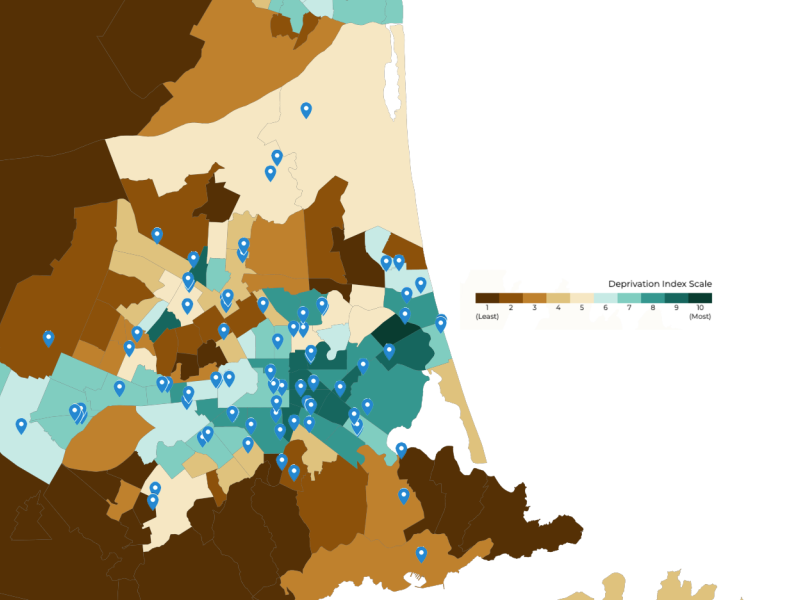Problem Gambling Foundation chief executive Paula Snowden has urged the Christchurch City Council to adopt a stronger "sinking lid" policy.
The policy is that when an existing pokie venue closes, consent is not given for a replacement. It does, however, allow clubs to merge thereby retaining their pokies, which is what Snowden wants changed.
The city council had invited presentations after the release of a New Zealand Institute of Economic Research (NZIER) report commissioned by The Salvation Army and the Problem Gambling Foundation. The report estimates that if gambling on pokies in pubs and clubs was diverted to other uses, the retail sector could have gained an extra $445 million in 2018-19.
Snowden said pokies caused harm and stress, and their impact was more concentrated in "deprived" areas.
"Look first at what money is lost and who's losing it, not just where it goes," Snowden said.

